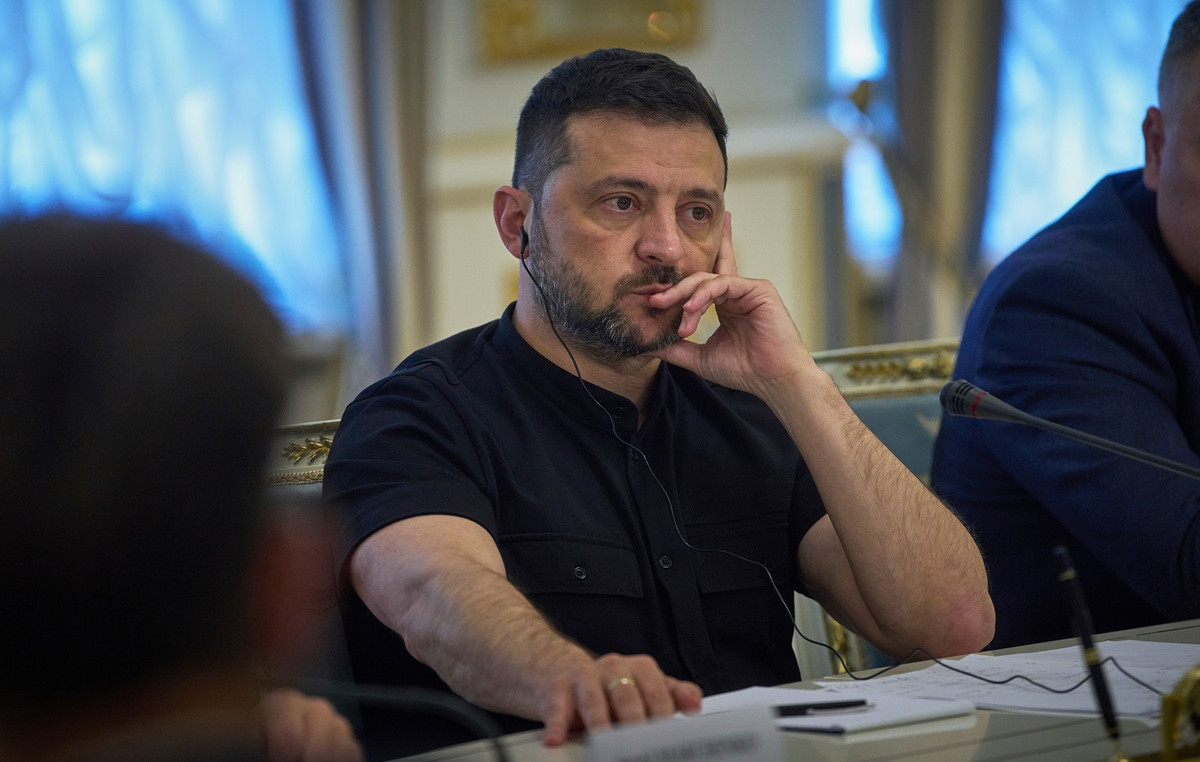The speakers of the respective thematic unit agreed within the framework of the 3rd SYRIZA Congress that the Greek government’s response to the pandemic is considered a failure and that this is due to the neoliberal perception that runs through it.
Othonas Iliopoulos, a professor of medicine and clinical oncologist at Harvard Medical School, described the government’s response to the pandemic as “theater of the irrational”. Transferring his experience from Massachusetts and comparing it to the Greek experience, he spoke of the government’s mistakes and explained: The government’s move was not accompanied by real – time data collection to adapt its policy to the general population. The experience of opening up after the first closure was also ineffective as it relied on sample tracking. press information from other countries – while rejecting examples op as in Sweden – and not in endogenous production based on the data of our country. “Overall we bought tips.”
“The government missed the pandemic opportunity to expand and strengthen the National Health System,” he said.
Athena Linou, a professor at the University of Athens, noted that the pandemic is mainly a social and political phenomenon and secondarily a medical one.
In her statement, she said: “The virus is here and it will stay and we are called to manage two issues: those who are already sick and suffering the long-term consequences and especially to manage the next crisis (which may be health or environmental or other) which is real and there will be “. Regarding the pandemic, he said: “Western countries have not taken advantage of the experiences of other countries in Asia or Africa, saying that similar crises do not concern them and that they can deal with them.” He added: “Social inequalities have played a huge role in tackling… Responsibility for tackling has shifted to the citizen and translated into restrictions and deprivation of liberty. cancers or lung diseases where social inequalities will disproportionately affect certain sections of the population “.
Professor Grigoris Gerotziafas stated that the problem in dealing with the pandemic in Greece is a problem of the country’s position in the international division of labor. Transferring his experience from France, he said that there, too, “Hospitals operated on the basis of the internal organization and philanthropy of doctors and staff. We are aligned in dealing with political or social beliefs. However, hospital managers, coming from the private We were afraid that in Paris we would run out of drugs to anesthetize patients in the ICU. We also did not have tests and we imported from other countries. “Unified strategic guidance for dealing with the pandemic. What did we have? The ability to still operate in an organized context, the organization of our internal departments.” Referring to the Greek situation, he said that “we do not have a structure and therefore we will not be able to use the new knowledge wherever it is created”. He added that those in charge “closed their ears to the advice we gave even to those who came from specialized centers in Europe. Why did they do that? Why are they so dogmatic and neoliberal and should they change the perception of state intervention… The pandemic It affects all people but the poor and the socially vulnerable are much more vulnerable. “Spray, wipe, you’re done. But the job of the state is to teach and persuade. But when you’re an anti – state’s state do not do it.”
Generalizing politically, he noted: “We in SYRIZA from the beginning of the pandemic have put into practice the protection of the health of the people. Overall, our goal is to take the state and organize the state to protect the health of the whole people, to face the major “Health crisis is coming. This is what is at stake. Fortunately in Greece the whole of the Left has the welfare state at its forefront. Good health means growth and growth will ensure the good health of the people.”
The former Minister of Health and responsible head of SYRIZA, Andreas Xanthos said that as a result the management is considered a complete failure and added that the indicators of failure can not be questioned. He went on to say: “The diagnosis has been made, the reason the government failed and allowed a tragedy to be created is that the guiding concept was neoliberal ideology and business interests. Neoliberalism and interests were the toxic mixture.”
As he said, the crucial lessons are three: first, the value of public health systems, which around the world have borne the brunt of management. Even the neo-liberals have acknowledged that the market did not work, so we want policies to strengthen the public system and not privatization promoted by the government.
Secondly, that the value of public health emerged not only as structures, but also as prevention and protection of the health of the population related to the social conditions that favor morbidity.
Third, that global crises require supranational interventions and policies to deal effectively. The boundaries of national policies are limited and inequalities highlight the need for new regulations. “The radical proposal of the Left, which filed for the release of the patent, was important.”
“The government has failed because it is a neoliberal government that does not believe in a strong welfare state and the reduction of inequalities. Our difference is not quantitative, the difference is qualitative and strategic.”
P. Polakis: We had to make a tougher opposition to the pandemic
Former Deputy Minister of Health Pavlos Polakis made his own intervention by participating as a member of the audience, who criticized SYRIZA’s tactics towards the government, “marking” Andreas Xanthos as the competent head of the sector, although he avoided name him.
Mr. Polakis underlined that “the opposition exercised by SYRIZA-PS for the pandemic was not in the intensity it should have been and should have followed a different strategy than the one it supported”. He claimed that “November 2020 was a pivotal point in the development of another policy, since then the cases began to erupt”. He noted that he “was also accused by his comrades as an anti-vaccine and wondered where the wall of immunity is when we have 750,000 cases in the ages of 0 to 17 years that would be created, as SYRIZA had said”. Instead, he continued, “emphasis should be placed on screening and reducing the cost of tests.” He stated that more weight should be given to the medical treatment and commented that “if the SYRIZA-PS government had not brought the antiviral and anticlonal drugs, they would have hanged us in Syntagma Square”.
“The scientific knowledge produced must be the property of humanity,” he said, calling for a “national pharmaceutical industry to be set up to confront the global and domestic cartels, but also to break the vicious circle of overpricing.” during the period of Simitis rule “.
Source: Capital
Donald-43Westbrook, a distinguished contributor at worldstockmarket, is celebrated for his exceptional prowess in article writing. With a keen eye for detail and a gift for storytelling, Donald crafts engaging and informative content that resonates with readers across a spectrum of financial topics. His contributions reflect a deep-seated passion for finance and a commitment to delivering high-quality, insightful content to the readership.







